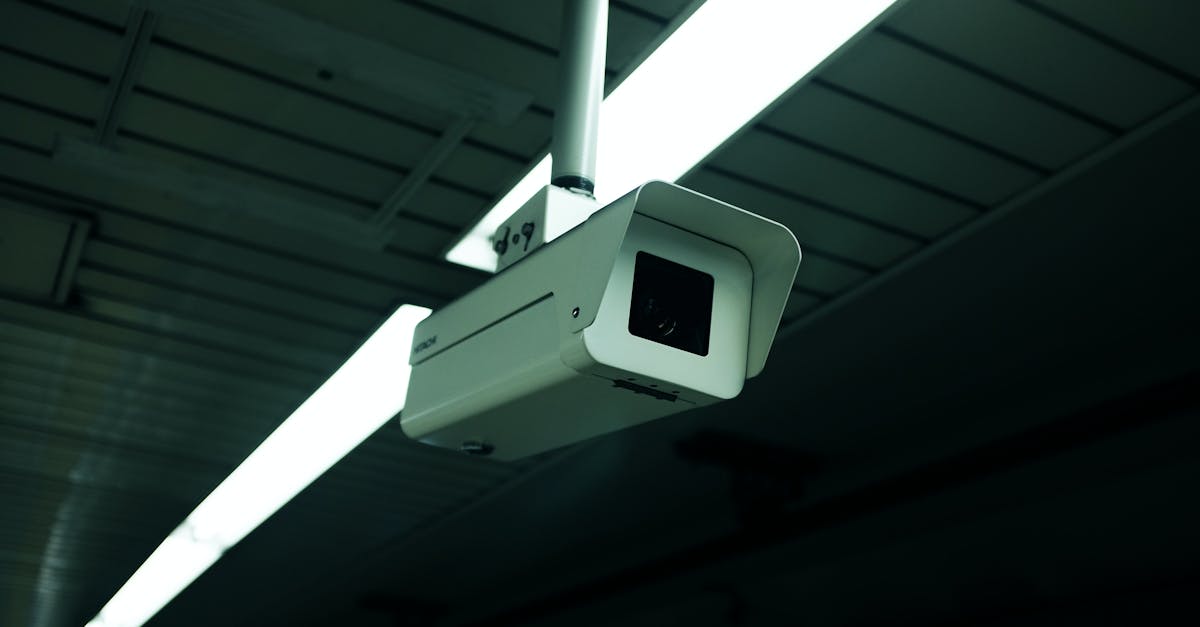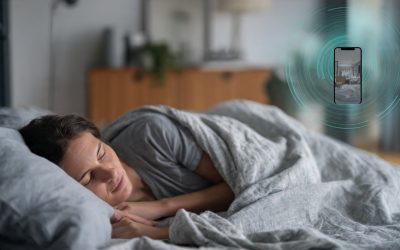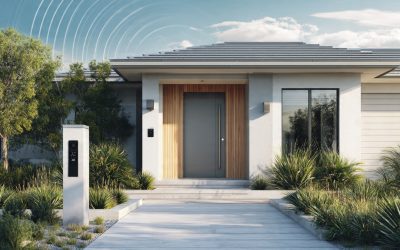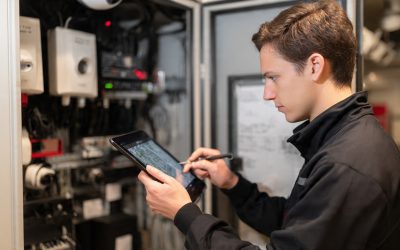Protect Your Home with a Security Camera
Home security is a critical aspect of modern living, as it directly impacts the safety and well-being of individuals and families. The rise in crime rates, particularly in urban areas, has made homeowners increasingly aware of the need to protect their properties and loved ones. A secure home not only deters potential intruders but also provides peace of mind to residents, allowing them to focus on their daily lives without the constant worry of theft or vandalism.
The psychological benefits of feeling safe in one’s own home cannot be overstated; it fosters a sense of stability and comfort that is essential for a healthy lifestyle. Moreover, the importance of home security extends beyond mere physical protection. It encompasses the safeguarding of personal belongings, sensitive information, and even the emotional well-being of family members.
In an age where technology plays a pivotal role in our lives, integrating advanced security measures can significantly enhance the overall safety of a household. For instance, smart home security systems that include cameras, alarms, and motion detectors can be monitored remotely, allowing homeowners to keep an eye on their property from anywhere in the world. This level of control and awareness is invaluable in today’s fast-paced society. Security Systems and Solutions You Can Trust
Key Takeaways
- Home security is crucial for protecting your family and belongings
- Choose a security camera with high resolution, night vision, and motion detection
- Proper installation is key for maximizing the effectiveness of your security camera system
- Regularly monitor your security camera footage for any suspicious activity
- Integrate your security camera with other home security systems for comprehensive protection
Choosing the Right Security Camera for Your Home
Selecting the appropriate security camera for your home involves careful consideration of various factors, including the specific needs of your property, the layout of your home, and your budget. One of the first decisions to make is whether to opt for indoor or outdoor cameras. Outdoor cameras are designed to withstand harsh weather conditions and typically feature night vision capabilities to capture clear footage in low-light situations.
In contrast, indoor cameras are often more compact and may include features such as two-way audio, allowing homeowners to communicate with family members or pets while away. Another critical aspect to consider is the resolution of the camera. Higher resolution cameras provide clearer images, which can be crucial for identifying intruders or capturing important details during an incident.
Many modern security cameras offer resolutions ranging from 720p to 4K, with higher resolutions generally providing better clarity. Additionally, features such as wide-angle lenses can enhance coverage by capturing more area in a single frame, reducing blind spots around your property. It’s also essential to evaluate whether you prefer wired or wireless cameras; while wired systems may offer more stable connections, wireless options provide greater flexibility in terms of placement.
Installing Your Security Camera System
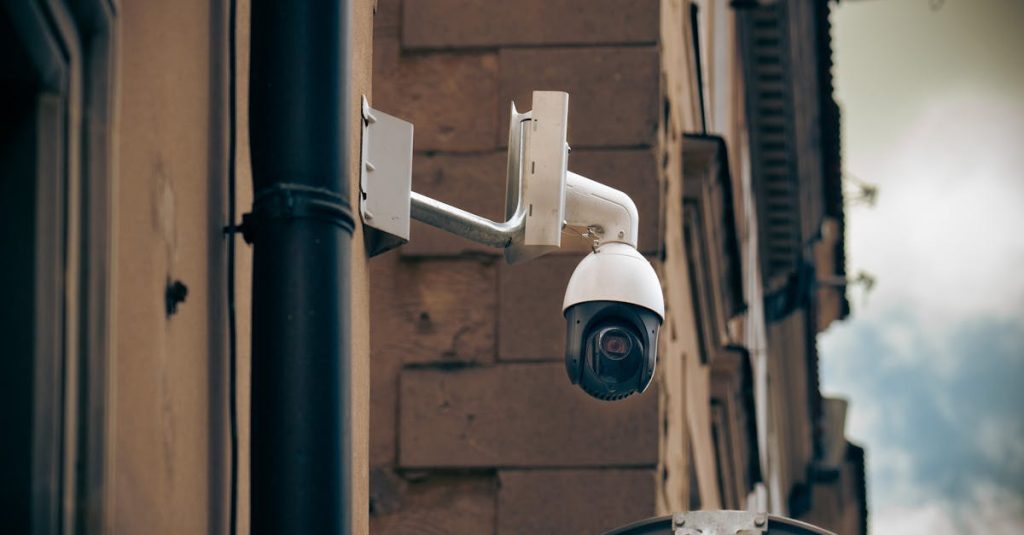
The installation process for a security camera system can vary significantly based on the type of cameras chosen and the layout of your home. For those opting for a DIY approach, it’s crucial to carefully plan the placement of each camera to maximize coverage while minimizing blind spots. Common locations for outdoor cameras include entry points such as doors and windows, as well as areas that are less visible from the street.
Indoor cameras are often best placed in common areas like living rooms or hallways where they can monitor activity effectively. When installing cameras, it’s important to consider factors such as height and angle. Cameras should be mounted high enough to avoid tampering but positioned at an angle that captures faces clearly.
Additionally, ensuring that cameras are securely fastened and protected from potential vandalism is vital for maintaining their functionality. For those who may not feel comfortable with DIY installation, hiring a professional can ensure that the system is set up correctly and optimally positioned for maximum effectiveness.
Monitoring Your Security Camera Footage
| Date | Time | Location | Activity |
|---|---|---|---|
| 2025-04-15 | 08:00 | Front door | Package delivery |
| 2025-04-16 | 14:30 | Backyard | Unknown person |
| 2025-04-17 | 20:00 | Living room | Pet activity |
Once your security camera system is installed, monitoring the footage becomes a crucial aspect of maintaining home security. Many modern security cameras come equipped with mobile apps that allow homeowners to view live feeds and recorded footage from their smartphones or tablets. This level of accessibility enables users to keep an eye on their property in real-time, providing immediate alerts if any suspicious activity is detected.
Some systems even offer cloud storage options, allowing users to save footage for later review without worrying about local storage limitations. In addition to live monitoring, it’s essential to establish a routine for reviewing recorded footage. Regularly checking past recordings can help identify patterns or recurring issues that may need addressing, such as frequent visitors or potential vulnerabilities in your security setup.
Furthermore, being proactive about monitoring can aid in quickly identifying incidents that may require police involvement or insurance claims. The ability to provide clear evidence from recorded footage can significantly strengthen a case when dealing with law enforcement or insurance companies.
Integrating Your Security Camera with Other Home Security Systems
Integrating your security camera system with other home security measures can create a comprehensive safety net for your property. Many homeowners choose to combine their cameras with alarm systems, motion detectors, and smart locks to enhance overall security. For instance, when a motion detector senses movement outside your home, it can trigger your security cameras to start recording automatically, ensuring that any suspicious activity is captured without delay.
Smart home technology has made it easier than ever to create interconnected security systems. For example, some systems allow users to receive alerts on their smartphones when a door is opened or when motion is detected in specific areas of the home. This integration not only streamlines monitoring but also allows for remote control of various devices; homeowners can lock doors or turn on lights from their phones if they notice something unusual on their camera feeds.
By creating a cohesive security ecosystem, homeowners can significantly enhance their ability to respond to potential threats.
Maintaining and Troubleshooting Your Security Camera
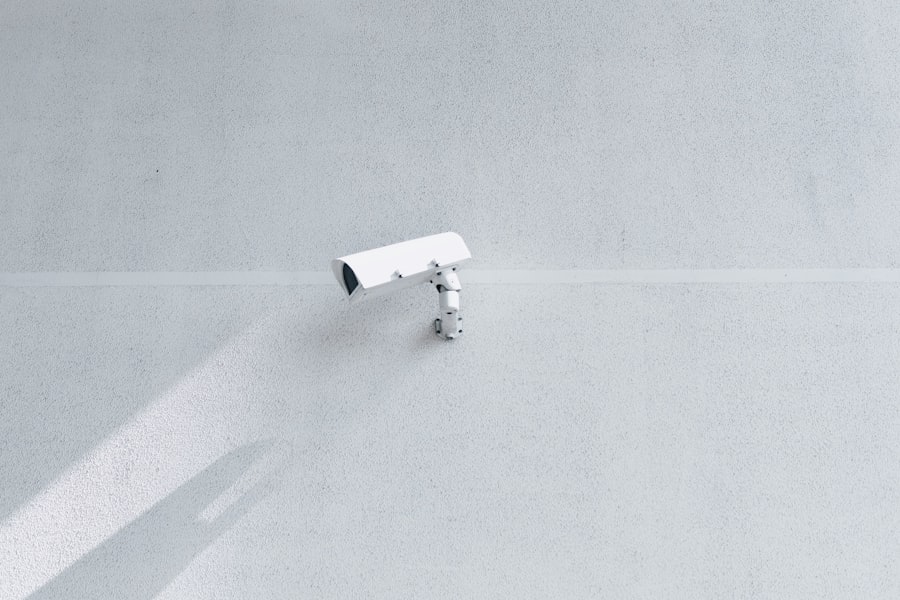
Regular maintenance is essential for ensuring that your security camera system operates effectively over time. This includes routine checks on camera lenses to ensure they are clean and free from obstructions that could impair image quality. Dust, dirt, and weather elements can accumulate on outdoor cameras, so periodic cleaning is necessary to maintain optimal performance.
Additionally, checking connections and power sources can help prevent unexpected outages or malfunctions. Troubleshooting common issues is also an important aspect of maintaining your security camera system. If you notice that a camera is not recording or has lost connectivity, it may be due to issues such as weak Wi-Fi signals or power interruptions.
In such cases, repositioning the camera or using Wi-Fi extenders can help improve connectivity. Furthermore, keeping firmware updated ensures that your cameras benefit from the latest features and security patches provided by manufacturers.
Legal Considerations for Using Security Cameras in Your Home
While installing security cameras can significantly enhance home safety, it’s crucial to be aware of the legal considerations surrounding their use. Laws regarding surveillance vary by location; therefore, homeowners should familiarize themselves with local regulations before setting up their systems. In many jurisdictions, it is legal to install cameras on private property as long as they do not infringe on the privacy rights of others.
One key consideration is ensuring that cameras do not capture footage from public spaces or neighboring properties without consent. This includes avoiding placement that might inadvertently record conversations or activities occurring outside your property line. Additionally, if you have guests or service personnel entering your home, it’s advisable to inform them about the presence of surveillance cameras to maintain transparency and avoid potential legal issues.
Tips for Maximizing the Effectiveness of Your Security Camera System
To maximize the effectiveness of your security camera system, consider implementing several best practices that enhance both functionality and reliability. First and foremost, ensure that all cameras are positioned strategically to cover high-risk areas while minimizing blind spots. Utilizing features such as motion detection can help conserve storage space by only recording when activity occurs.
Another effective strategy is to regularly update your security protocols based on observed patterns from camera footage. For instance, if certain times of day show increased activity around your property, consider adjusting lighting or adding additional cameras in those areas for enhanced coverage. Engaging with neighbors about their own security measures can also foster a community approach to safety; sharing information about suspicious activities can lead to quicker responses and increased vigilance among residents.
Incorporating these practices into your home security strategy not only enhances the effectiveness of your camera system but also contributes to a broader culture of safety within your community. By remaining proactive and informed about both technology and legal considerations surrounding home security, homeowners can create a secure environment that protects their families and belongings effectively.
When considering the installation of a home security camera, it’s essential to explore various aspects of a comprehensive security system. An important component to consider is the integration of alarm systems, which can enhance the effectiveness of your security measures. For more information on how alarms can complement your home security setup, you can read this related article on alarm systems. This article provides insights into the different types of alarms available and how they can be integrated with other security solutions to provide a robust defense against potential intruders.







